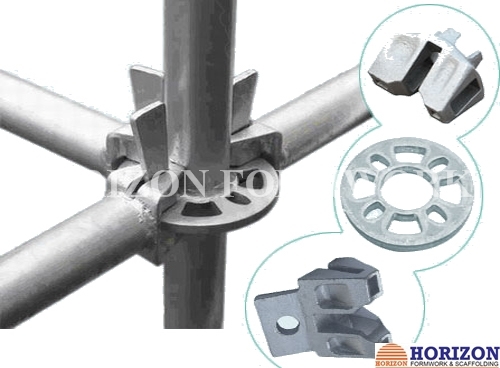Nov . 09, 2024 11:55 Back to list
Suppliers for Building Formwork Solutions and Services
The Importance of Formwork in Building Construction
Formwork is a crucial component in the construction industry, providing the molds and structures needed to shape concrete into the desired forms for buildings and other infrastructure. As the backbone of many construction projects, formwork encompasses a range of materials, techniques, and technologies that ensure the structural integrity, aesthetic appeal, and overall functionality of buildings. This article explores the importance of formwork in building construction, the various types of formwork systems available, and the key suppliers in the market.
Understanding Formwork
In the simplest terms, formwork is a temporary or permanent structure used to contain poured concrete until it hardens. This containment is fundamental, as it ensures that the concrete maintains its shape and achieves the desired structural properties. Formwork can be made from various materials, including timber, steel, aluminum, and plastic, each offering unique advantages tailored to specific construction needs.
Types of Formwork
1. Timber Formwork Traditionally, timber has been the most widely used formwork material due to its availability, versatility, and cost-effectiveness. It is particularly favored for smaller projects or in situations where complex shapes are required. However, timber is less durable and can be prone to warping and wear over time.
2. Steel Formwork Steel formwork is becoming increasingly popular, especially for large-scale construction projects. Its high strength-to-weight ratio allows for the construction of large and complex structures with minimal materials. Steel is reusable and offers better precision, reducing the likelihood of defects in the concrete.
3. Aluminum Formwork Known for its lightweight properties and high strength, aluminum formwork is ideal for repetitive casting. It is often employed in projects where speed and efficiency are essential, such as the construction of high-rise buildings. Although more expensive initially, aluminum formwork can lead to significant savings in labor and time over the project's lifecycle.
formwork in building supplier

4. Plastic Formwork A more recent development, plastic formwork offers a lightweight and reusable option, ideal for simpler walls and slabs. Its modular design allows for quick assembly, making it suitable for residential projects and small-scale construction.
5. Permanent Formwork Systems Some modern systems combine formwork with insulation and other materials to create permanent structures that also provide thermal efficiency. These systems often reduce construction time and improve energy efficiency in the final structure.
The Role of Suppliers
Formwork suppliers play an essential role in the construction industry, providing the materials, design expertise, and support needed to implement effective formwork systems. They offer a range of products that address the diverse needs of construction projects, helping builders select the most suitable formwork solutions based on factors such as project size, budget, and design requirements.
Leading suppliers often provide customized formwork solutions, allowing for adaptations that cater to specific site conditions and structural demands. Additionally, many suppliers now offer advanced technologies, such as modular formwork systems, which streamline the construction process. Digital tools and software solutions from suppliers can aid in planning and logistics, further enhancing efficiency.
Conclusion
In summary, formwork is an indispensable aspect of building construction, providing the essential framework needed to shape and support concrete structures. As the construction industry continues to evolve, innovations in formwork materials and systems have led to improved efficiency, safety, and sustainability in building projects. The collaboration between builders and specialized formwork suppliers ensures that these structures are not only built to last but also meet the aesthetic and functional needs of modern architecture. Emphasizing the importance of quality formwork can significantly impact the success of a construction project, making it an area well worth investing in for any builder or developer. Whether through traditional timber, reusable steel, lightweight aluminum, or innovative plastic solutions, formwork remains a crucial building block in the world of construction.
-
High-Quality U Head Jack Scaffolding – Reliable Scaffolding Jack Head Manufacturer & Factory
NewsJul.08,2025
-
High-Quality I Beam H20 Leading Timber Beam H20 Material Factory, Exporters & Manufacturers
NewsJul.08,2025
-
High-Quality Powder Coating Steel Formwork - Durable & Corrosion Resistant Solutions
NewsJul.07,2025
-
Inclined Column Formwork Supplier – Durable & Precise Solutions for Unique Structures
NewsJul.07,2025
-
High-Quality Water Stop Solutions Trusted Water Stop Company & Suppliers
NewsJul.07,2025
-
High-Quality Formwork Material Supplier Reliable Manufacturer & Factory Solutions
NewsJul.06,2025